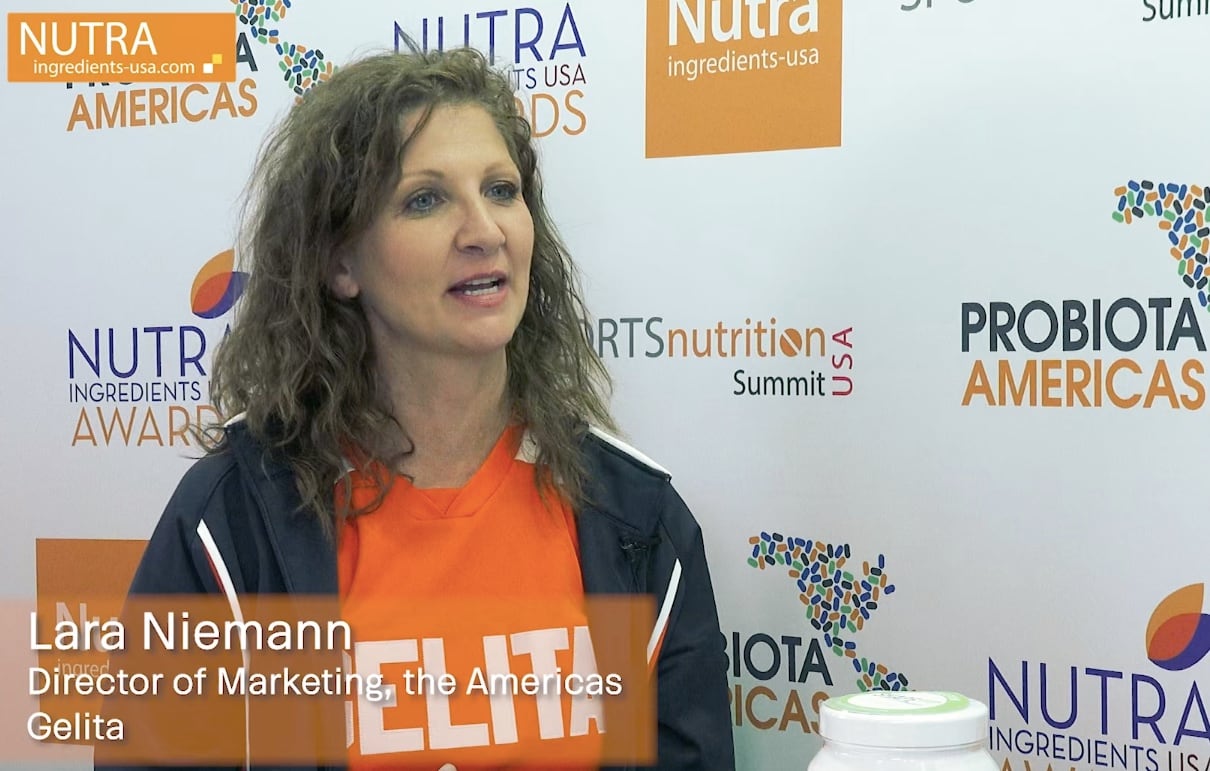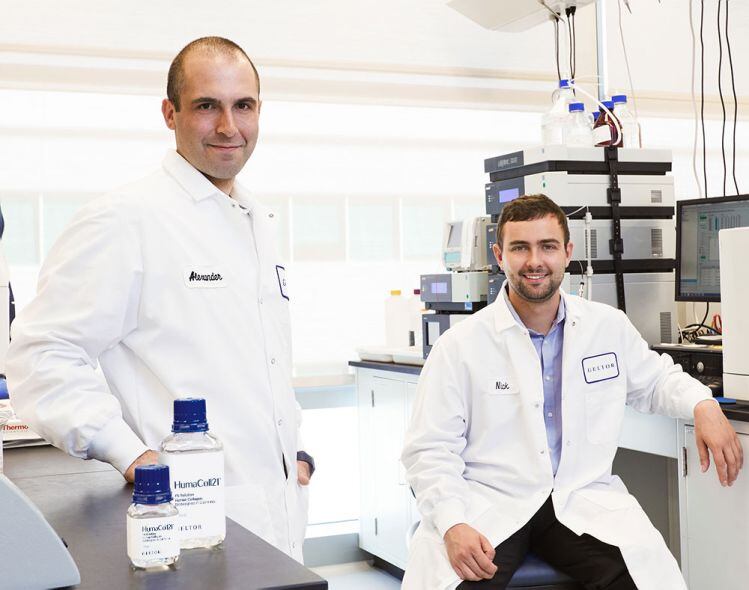Gelita supplies gelatin and collagen to the food industries as well as collagen peptides used in condition specific dietary supplements. The manufacture of gelatin and collagen involves using parts of animals left over from the production of meat and leather. Gelita’s new report lays out the ways the company has worked to make this inherently messy process as clean and environmentally friendly as possible.
ISO 14001 certification
Among the milestones in the past year was the opening of a new gelatin production facility in Pingyang, China. Gelita claims this new facility is the most advanced of its type in the country. The company notes that nearly all of its facilities are now ISO 14001 certified.
ISO 14001 is the world’s first generic, internationally recognized standard for environmental management. Some experts predict that the profound scope of this standard will see it transcend the popularity of the ISO 9000 quality standard. It is also expected to become a prerequisite for doing business worldwide via the General Agreement on Tariffs and Trade (GATT).
Wastewater improvements
The report notes that one of the potentially messy aspects of gelatin and collagen production is large amounts of tainted wastewater. Gelita claims to have made significant progress in releasing cleaner wastewater from its plants and in cutting the amount of solid waste it produces.
To do this, Gelita has started using a wastewater treatment process at its plant in Brazil called Anammox, which stands for anaerobic ammonium oxidation. It reduces the amounts of oxygen required, which makes the process considerably more energy efficient. And it reportedly cuts the amount of leftover sludge by as much as 90%.
The company also reports that it has significantly reduced water requirements at its new Pingyang site via a recycling project. Other wastewater improvements were noted at another site in China and at the company’s plant in Sweden.
Lara Niemann, the US-based head of global marketing for Gelita, said while the concept of corporate social responsibility is part of the company’s DNA, it will be something that the market will demand in teh future.
“CSR positioning will likely become even more important; requisite, in fact. Companies, like GELITA, that have embraced a CSR mindset, will have an advantage over those companies adopting a CSR ‘program’ simply to be en vogue. Corporate social responsibility is part of GELITA’s DNA – and is reflected in our mission of Improving Quality of Life – which drives every aspect of our business to exhibit a high level of responsibility for the environment, our employees, our customers and our suppliers,” Niemann said.
Progress on energy usage
Niemann said that while the company has made progress on reducing its energy needs, teh company has also significantly switched to renewables for the energy that it does use. In 2019 the company’s electricity needs were supplied almost 50% from renewable sources. As for heating, slightly less than 10% came from renewable sources in 2019 with a goal to increase that share in the future. Niemann noted that a blanket statement about a renewable energy policy is difficult to make as the options vary so significantly country by country. Gelita has production plants in China, the United States, Germany, the Netherlands, Sweden, Brazil, Mexico, Australia, New Zealand and South Africa.
Special concerns in Brazil
One of the issues hovering over animal operation in Brazil is to what extent they might contribute to the loss of rainforest cover, as forest tracts are burned and bulldozed to make way for new pastures. Niemann said Gelita has responded by only sourcing its hides for its Brazilian operation in the south of the country, far away from the areas of concern in the Amazon basin. Niemann said the following statement was issued last year in response to concerns about the scale of burning in the Amazon and still holds true today:
“GELITA does a careful selection of its suppliers, in order to guarantee that they are legally approved to operate and in accordance with all regulatory requirements from the Agriculture Ministry. We also have a tracking system in place in order to guarantee that the raw materials are safe and meet the high-quality standards necessary for our gelatin and collagen production.”
To read the full report click here.




